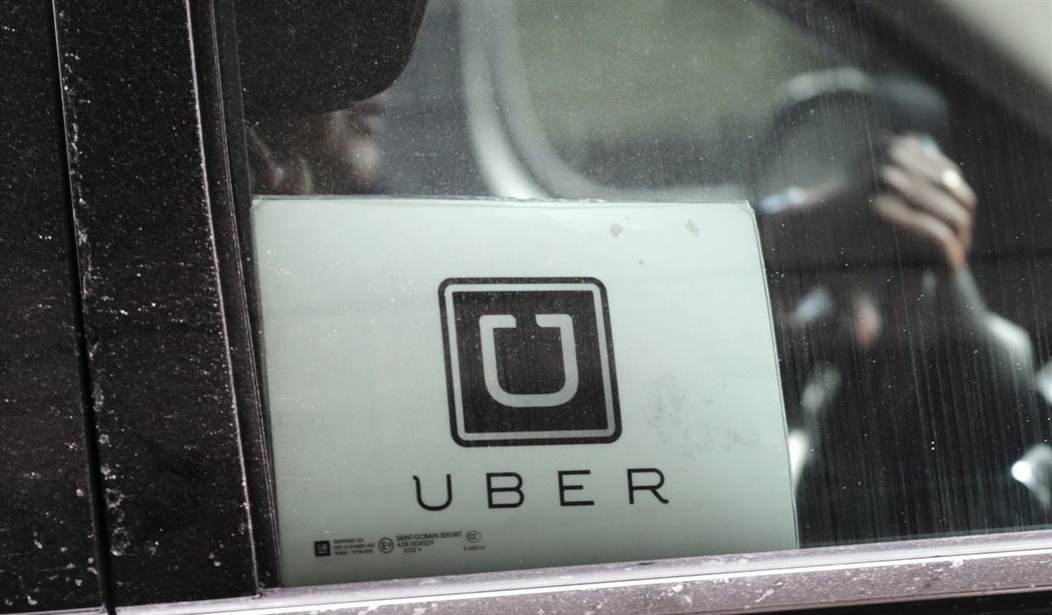Millions of Americans are classified as independent contractors, and many of them are gig workers. But a California law sponsored by unions like the Service Employees International Union (SEIU) was trying to force independent contractors to be treated as employees, meaning that they would be eligible for workers' compensation and unemployment benefits.
They would also no longer be independent and able to work whenever they wanted and make as much money as they could. The law defeated the whole purpose of the independent contractor designation.
For the last few years, Uber, Lyft, and other ride-hailing companies have spent $200 million to get a measure on the ballot allowing independent contractors the freedom that California Democrats took from them. Prop 22 passed in 2020 but had been tied up in the courts as unions and their Democratic allies sought to maintain their control over the gig economy.
But the California Supreme Court has unanimously ruled against the unions and for the gig economy.
“The California Supreme Court ruling is an overwhelming victory for voters’ rights and the integrity of our state’s initiative system,” said Protect App-Based Drivers + Services spokesperson Molly Weedn. “The courts have spoken, and this issue can finally be put to rest.”
The SEIU challenge was based on the bogus assumption that if gig workers didn't have to accept workers' compensation, the program could be declared unconstitutional.
During oral arguments earlier in the spring, justices seemed hesitant to overturn the law outright, but also expressed concern that a future initiative could go so far as to get rid of workers’ compensation completely. The court’s opinion on Thursday noted that it was not making a determination about the extent of initiative power.
“We reserve these issues until we are presented with an actual challenge to an act of the Legislature providing workers’ compensation to app-based drivers,” the justices wrote.
As the SEIU-backed challenge worked its way through the courts, Uber has fortified its political footprint in California, spending millions of dollars this year to elect like-minded Democrats to the Legislature. Had the Supreme Court overruled Prop 22, gig workers would have been classified as employees under California’s updated employment law. Vice President Kamala Harris was among the Democratic leaders who supported recognizing gig workers as employees, while serving as a U.S. senator for California.
SEIU said that it was "disappointed" in the ruling but would continue to fight to force gig workers to join a union.
“Prop 22 has allowed gig companies like Uber, Lyft, and DoorDash to deprive us of a living wage, access to workers compensation, paid sick leave, and meaningful health care coverage,” SEIU California Executive Director Tia Orr said in a statement. “Today’s ruling only strengthens our demand for the right to join together in a union so that we can begin improving the gig economy for workers and our customers.”
Unfortunately, Kamala Harris is on record supporting a national bill that would have codified California's law and led to the destruction of much of the gig economy.
Let's hope she never gets an opportunity to sign such a bill.










Join the conversation as a VIP Member